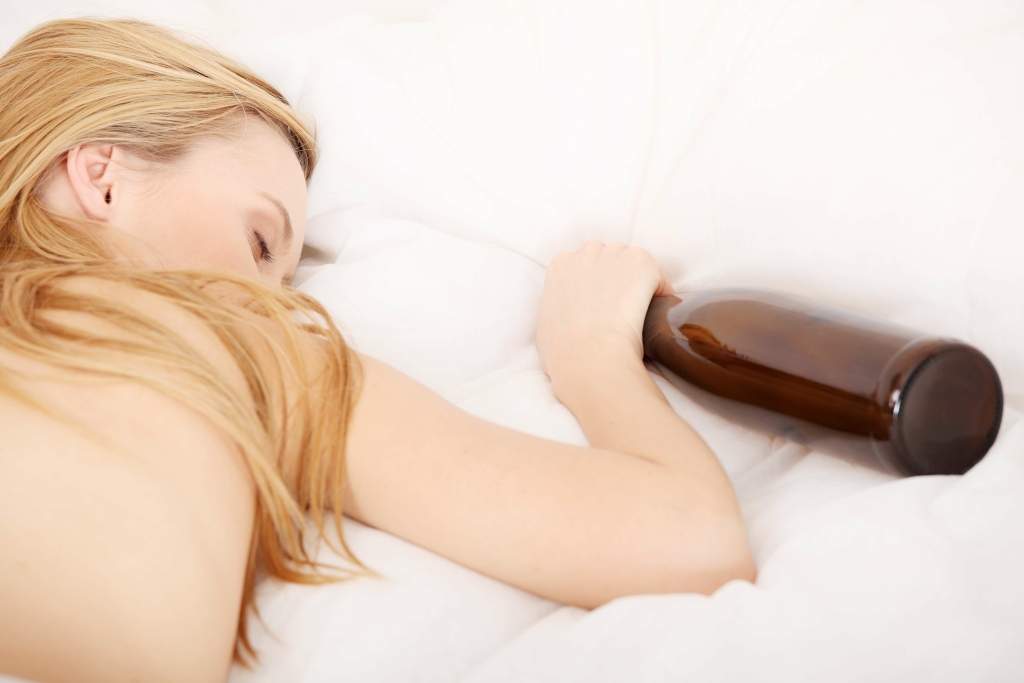Some individuals may have a genetic predisposition that makes them more prone to sneezing after consuming alcohol. While further research is needed to fully understand the genetic factors involved, studies have suggested a possible link between certain genes and alcohol-induced sneezing. If you react to the tannins in red wine, then you might find it easier on your system to choose white and sparkling wines. Some people are super sensitive to all wines and get on better with another low-tannin alcohol such as gin, vodka, rum, or tequila. Some people are more sensitive to histamine than others – if you’re prone to allergies or have a histamine intolerance, the histamine content of wine might be the cause of these symptoms.

Is it bad to drink alcohol when you have allergies?
- If you’re enjoying a dark beer or a rich red wine, it’s worth noting that the congeners might be responsible for your unexpected sneeze.
- “The amount of sulphites contained in alcohol will vary between products, but sulphur dioxide is one of the fourteen major food allergens that are required by law to be included on labels.”
- A 2014 study about beer allergies found that sensitivity to sorghum or sorghum malt was the most common cause of beer allergies.
- If you get gustatory rhinitis, there are many treatments and management methods to choose from.
- We all know wine comes with its fair share of effects, some desirable and others less so!
Keep a mental note of how each type of drink affects you, and don’t hesitate to consult with a healthcare professional if the sneezing becomes bothersome or excessively frequent. Experiencing sneezing after drinking beer is an unusual but not uncommon phenomenon. This reaction can be puzzling and uncomfortable, particularly if it occurs frequently. This comprehensive article explores the reasons why some people may sneeze after drinking beer, the underlying mechanisms, and potential ways to manage or prevent this reaction.
- Often, people who are allergic to wheat are also allergic to barley, though that’s not always the case.
- Following these symptoms is commonly a red flushing skin reaction lasting anywhere between 30 minutes to a few hours.
- In some cases, symptoms may be the result of an underlying condition that can be managed with proper medical treatment.
Final Thoughts on Why You Get a Stuffy Nose After Drinking
- When consumed, alcohol quickly enters the bloodstream and affects brain function, which can lead to nasal congestion.
- It is important to be aware of any symptoms you may experience after consuming alcohol.
- These symptoms can range from mild to severe, and may occur immediately or a few hours after ingestion.
- It’s a multifaceted issue that signals how our bodies process substances differently.
- Additionally, if you have a family history of alcohol intolerance or have experienced uncomfortable symptoms after consuming alcohol before, it may be wise to avoid drinking altogether.
Allergy testing is a safe and effective way to diagnose allergies and can provide relief from uncomfortable symptoms. Alcohol intolerance is a condition characterized by unpleasant reactions after drinking alcohol, such as an upset stomach, facial flushing, headaches and nausea. It is usually caused by genetic variations in the ALDH2 gene, which produces the enzyme that metabolizes alcohol. People with less active ALDH2 enzymes have difficulty breaking down alcohol, leading to uncomfortable sneezing when drinking alcohol reactions. In particular, many people with alcohol intolerance wonder how to prevent the alcohol flush reaction, because they consider it embarrassing or unattractive.
Individual Factors and Sensitivities
Alcohol can worsen your difficulty breathing through your nose, so it’s important to be mindful of how much you consume. If drinking alcohol is unavoidable, try to limit your intake of low-alcohol beverages such as beer or wine. Red wine should be consumed in moderation – no more than one glass per day and avoid eating on an empty stomach. Lastly, always practice responsible drinking and take frequent breaks while consuming alcohol. If you have any questions or concerns regarding your breathing difficulties, please contact a medical professional for advice.

As we now know, alcohol intolerance is an issue with metabolizing alcohol — not an overzealous immune system. Sulfites are preservatives, and most countries permit their addition to alcoholic drinks such as beer and wine. However, some people may experience allergy-like reactions after consumption. Substance abuse You may get stuffy nose owing to the presence of some preservatives in alcohol. Many times, some allergic reactions can make you more sensitive towards alcohol intake. In some cases, over-the-counter or prescribed medications might help alleviate symptoms.
Histamines
However, only two of the 68 participants have a medically diagnosed allergy. This figure represents people whose symptoms are traceable to what the manufacturers made the product from and its production process, not the alcohol itself. Grapes, wheat, hops, and gluten may be present in the alcoholic beverage, which is causing the problems, instead of the reasons mentioned above. Wine contains tannins (which are found in the skin of grapes) which many people react negatively to, including experiencing diarrhea.
Why Does Red Wine Affect My Sinuses?
When eating out, they should make a point of asking about ingredients to make sure they do not contain alcohol, because even a small amount can cause a reaction. Just as grapes can become wine, table fruit that becomes too ripe might contain enough alcohol to cause a reaction in someone with an alcohol allergy. There is no conclusive evidence to suggest that alcohol-induced sneezing is inherited.
0 yorum